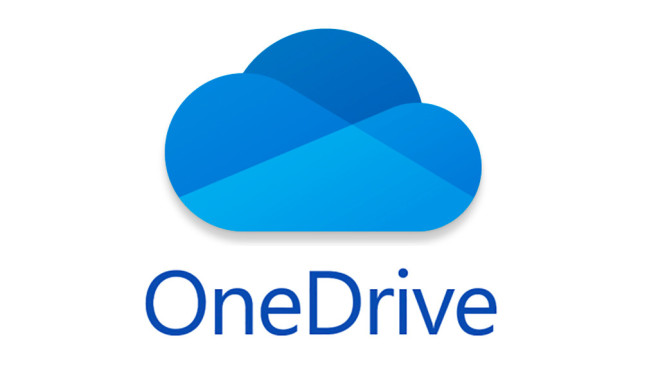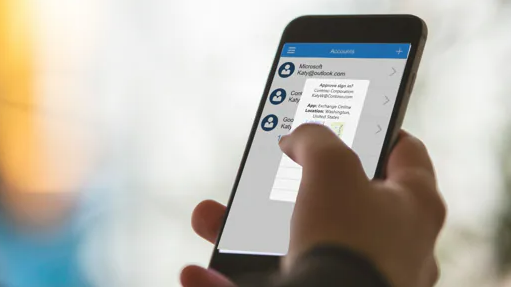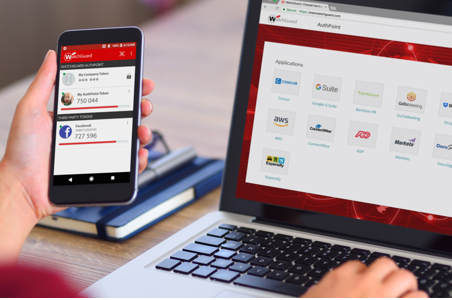Dislocation: A look at the impact of the coronavirus outbreak on our daily lives and our businesses
No, this is nothing to do with Phil and Kirstie, just a look at the impact of the coronavirus outbreak on our daily lives and our businesses. In particular, the impact that dislocation can have on our ability to rationalise the present and plan for the future.
Dislocation is defined as ‘disturbance from a proper, original, or usual place or state’. Suddenly, our sense of normality is ruptured and, in the midst of a global pandemic, we have the added stress of worrying about family, about ourselves and about our business livelihoods.
[lwptoc]
Loss of personal connection
Many of us are not at our normal workplace or operating to our normal schedule; we’ve lost our personal connection to work colleagues and the belonging that comes from being part a team. Pushed into our homes, we’re dislocated from the routine of work and face a range of new demands like home schooling, loss of contact with family and reduced social contact with friends.
Much of our normal activity is governed by routine, sometimes established over many years. So, as the pandemic runs its course, everything we are required to do in the dislocated world requires a new decision. This can drain us of energy and amplify the fear we have of uncertainty.
Adaption to the “new normal” will take a while
Overcoming dislocation requires us to form new habits and patterns. This will require extra cognitive effort and emotional energy and, for some, this causes a temporary slowdown in productivity and an increase in stress. Adaptation to the new ‘normal’ is going to take you a while and so it is better to accept the sense of dislocation you’re feeling and work through it slowly.
There is good news, despite the dislocation. Many people will have discovered new (and often better) ways of doing things. Many will make positive changes that last forever, like learning a new skill, or refining processes and systems in their business that increase efficiency and profitability. The key to this activity is forming new and beneficial habits. James Clear, in his bestseller Atomic Habits says that ‘Habits are the compound interest of self-improvement’, so the good habits you form during this period of dislocation will continue to pay you interest over a lifetime.
The keys to recognising dislocation and moving beyond it are:
- Accept that your old routine has gone; the commute, the coffee, the gym, the lunch with friends – they won’t be back for some time yet.
- Develop your new routine; time to get up, breakfast, shared childcare, homeschooling, time set aside for work and your schedule for exercise. Whatever your day contains, build a new timetable that reflects your reality. This new structure will reduce stress and dissipate the sense of dislocation.
- Look for ways to form new habits. Back to James Clear; make them obvious, attractive, easy and satisfying. Laying out your cycling kit the night before and planning a scenic route for the ride will make forming a cycling habit much easier.
- Think on paper – get the plans and ideas you have for your new routine out of your head and onto paper. Visualising your ideas will make them more real and creating plans for your personal or business progress after the current situation is over will give you a sense of positive anticipation.
Forming new habits and a new routine
Dislocation is real and its effect can be both pernicious and pervasive. Recognising it in yourself is the first step and taking positive action to reduce it is the second. Forming new habits and a new routine will help to reduce significantly any sense of dislocation you have. Plus, you’ll feel a lot better, now and in the long run.



